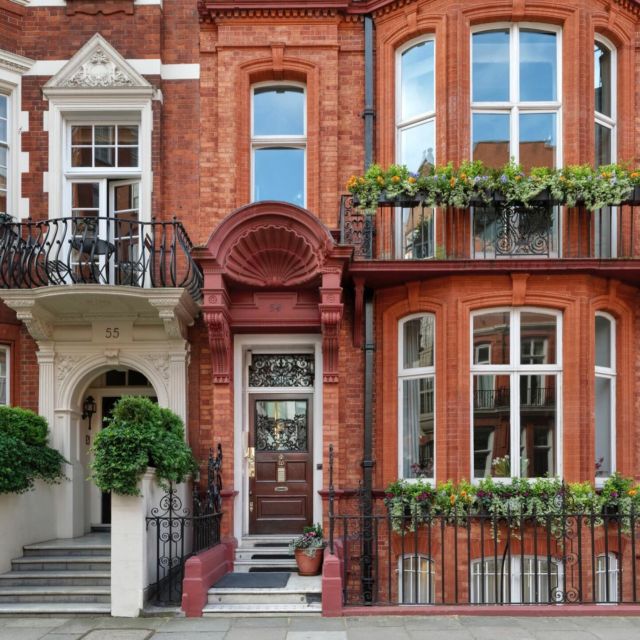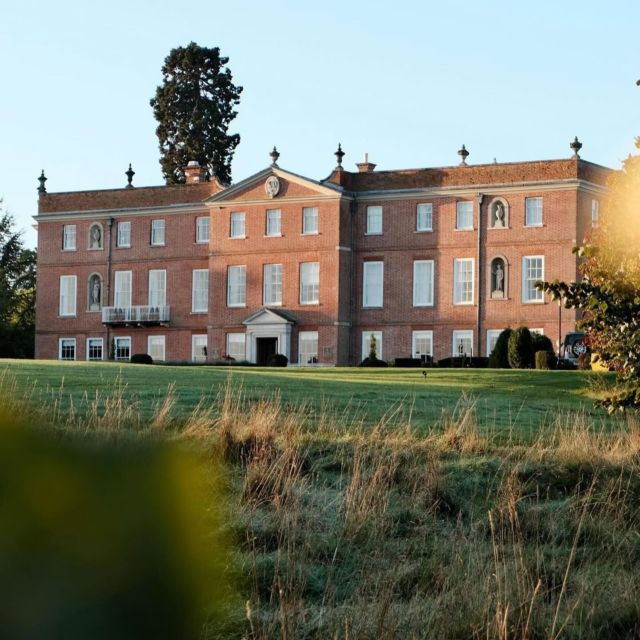January 24, 2020
7 Things to Consider When Buying An Investment Property
Your first investment property is a milestone unlike any other in your portfolio, specifically because it might be your first physical asset. But contrary to popular belief, real estate isn’t always as solid nor as simple an investment as it seems, and there’s quite a lot for first-time property investors to consider prior to meeting with any potential agents. Here’s all you’ll need to know before you jump into the world of real estate.
Location
It’s true what they say. Location is everything in this game. And in this day and age, it’s not unusual to see a four-bedroom home in Sydney’s ever-expanding outskirts selling at the same price as a far smaller property in a prime location. This is why a lot of display homes in Sydney also boast extensive materials on the area surrounding a new estate. It pays to consider qualities like public transportation, roads, infrastructure, and general connectivity, as well as nearby schools, markets, and other local amenities. The greater your property’s accessibility to these amenities, the higher the likelihood of you experiencing a greater return on your investment.
Display homes
We can’t mention display homes without at least talking about the fantastic investment opportunity that these properties present, especially to new investors. Ex-display homes are usually sold at the most competitive price points, and that’s in comparison to both brand new properties in the same estates, as well as pre-existing, outmoded properties. And that’s the second pro to buying a display home as your first investment property: modern fixtures and designs that you won’t have to foot the bill for. Essentially, investing in an ex-display home means you’ll receive a ready-made modern home with very minimal fuss, meaning you’ll be able to hit the ground running as a property investor.
House and land packages
If no display homes take your fancy, then the next best option for new investors would have to be a house and land package, as these developments tend to be incredibly simplistic to purchase and possess very few hidden costs. As you’re purchasing a plot with the intention to build right away with the aid of a reputable building agency, you also won’t need to spend a single cent on stamp duty costs as there’s no pre-existing property. House and land packages are becoming increasingly popular amongst first-time homeowners for these reasons amongst many more.
Expenses and profits
There are many avenues for saving on costs when it comes to investing in real estate, with stamp duty being only one of a number of potential costs you’ll need to consider prior to making any final decisions with your estate agents. For instance, if you’ve purchased a plot independently with an intent to build your own property from scratch, you’ll essentially be taking on two contracts: the first is the mortgage on your land, and the second is your construction loan.
It’s vital that you calculate the separate costs of these two contracts and weigh them up against the costs of your alternative investment options, such as turnkey packages that combine mortgage and construction costs, or apartment complexes that allow for multiple revenue streams (as well as whether or not you’ll want to manage multiple rental properties). Critically assess the various expenses and potential profits of each alternate investment opportunity to ensure that you’ll be investing wisely, minimising any future responsibilities whilst maximising returns.
Depreciation
This ties into ‘Expenses and profits’ to a degree, but the depreciation value of your properties and other fixed assets will greatly dictate what your next tax return will look like, and if you don’t play your cards right, you might be at risk of footing an unnecessarily large bill to the ATO. Settling your first tax return is generally the moment that leaves most first-time property investors feeling totally disillusioned by the decisions they’ve made. But you’ll be glad to hear that new investors and first-time homeowners alike are able to claim depreciation for longer periods of time on newer properties than you would on older properties, which is again, an extra incentive for you to invest in new developments rather than in pre-existing inner-city properties.
Investment loan options
Even with depreciation claims and passive income from tenants, it will still most likely take years before you’re even able to make back the money you spent on your initial down payment. But investing has never been about getting rich quick. It’s about being self-made. Whilst it’s recommended that you eliminate your own personal debts prior to making any large-scale investments, it’s not recommended that you deplete your own capital to finance your investment projects. Investment loans exist so that hard-working, genuinely self-made investors are able to focus on building up their own equity rather than making back lost capital from the get-go. It’s vital that you take some time to compare the investment home loan options that are available to you to ensure that you’re making the right arrangements for both you and your family.
Organising your portfolio
If you’re still reading, it’s highly likely that you’re already quite thorough when it comes to organising your work. But the importance of ensuring that all the contracts and other documentation that’s attached to your investment property remain easily accessible cannot be understated. This is especially important for when you decide that you’re ready for your next investment property.
~
It goes without saying that the most gruelling part of becoming a property investor is simply becoming a property investor. Once you’ve got one investment property under your belt, your equity will only continue to grow, and in time it should be large enough for you to be able to utilise it on your next property without having to save up for another home loan. And following that point, the carriage basically drives itself!
























